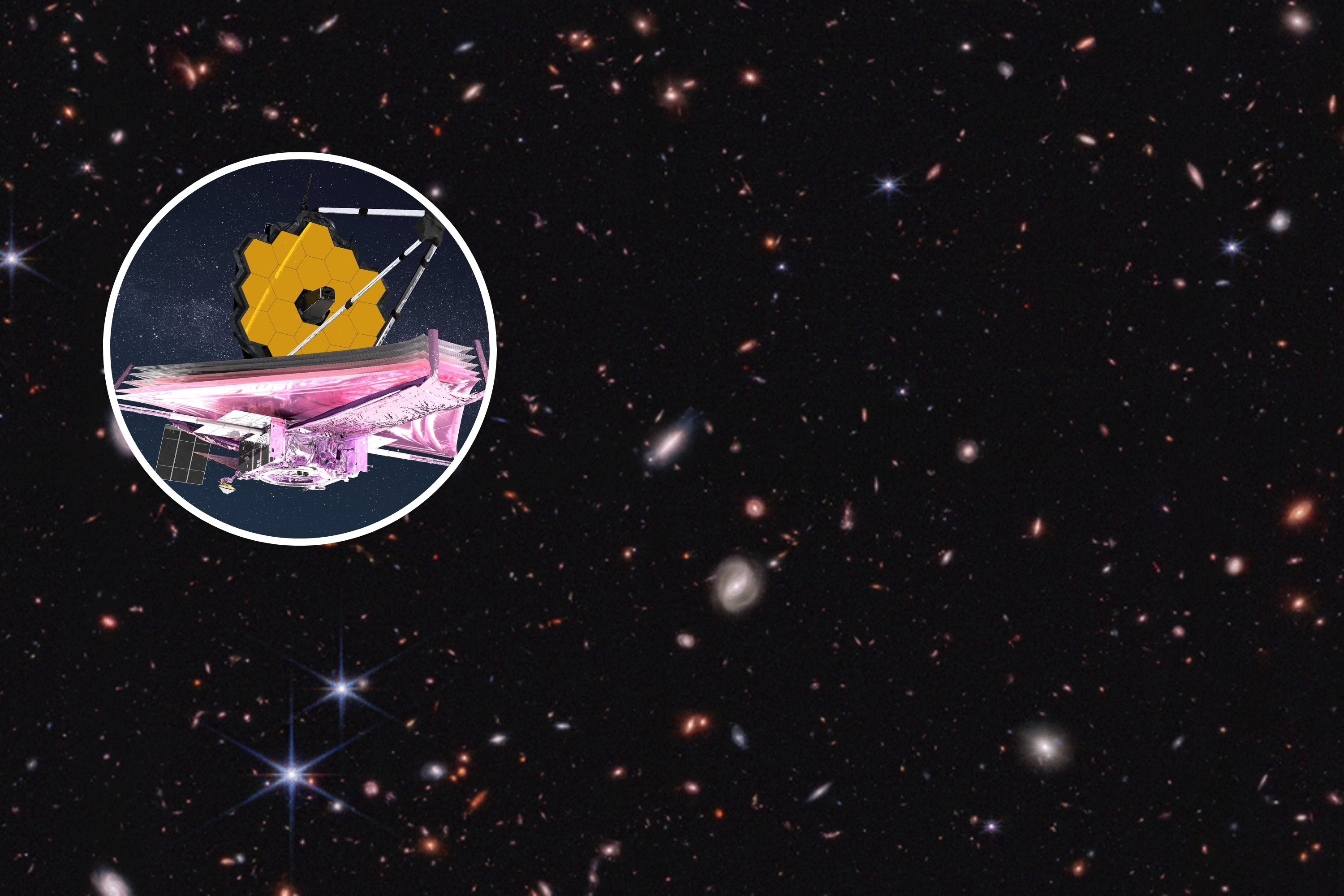- Total News Sources
- 1
- Left
- 0
- Center
- 1
- Right
- 0
- Unrated
- 0
- Last Updated
- 409 days ago
- Bias Distribution
- 100% Center


James Webb Telescope Challenges Cosmic Theories
Recent findings from the James Webb Space Telescope (JWST) are reshaping our understanding of the universe's age and structure. New research suggests the universe might be 26.7 billion years old, which challenges long-held beliefs about early galaxy formation and could lead to a reevaluation of existing cosmological theories. Additionally, JWST has revealed a supermassive black hole, LID-568, which formed just 1.5 billion years after the Big Bang and is gaining mass at an unprecedented rate, raising questions about black hole growth models. Observations also indicate that early galaxies are larger and brighter than predicted, contradicting the standard model of galaxy formation that suggests they should have originated from smaller structures. This discrepancy may support alternative theories like Modified Newtonian Dynamics (MOND) over dark matter. Furthermore, researchers are exploring how light echoes from black holes can provide insights into their mass and spin, hinting at complex interactions in the universe's fabric.

- Total News Sources
- 1
- Left
- 0
- Center
- 1
- Right
- 0
- Unrated
- 0
- Last Updated
- 409 days ago
- Bias Distribution
- 100% Center
Open Story
Timeline
Analyze and predict the
development of events
Related Topics
Stay in the know
Get the latest news, exclusive insights, and curated content delivered straight to your inbox.

Gift Subscriptions
The perfect gift for understanding
news from all angles.
















